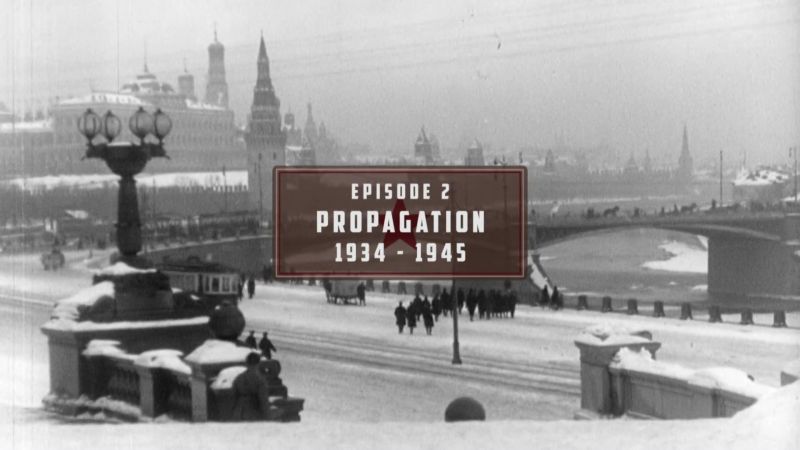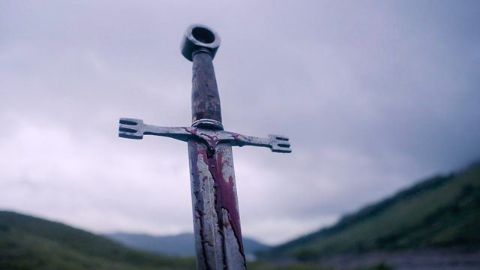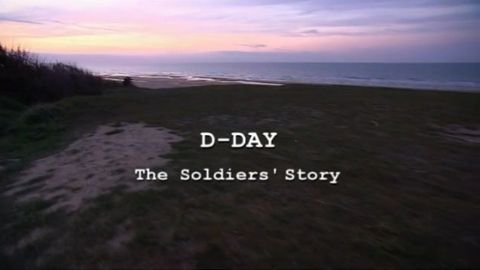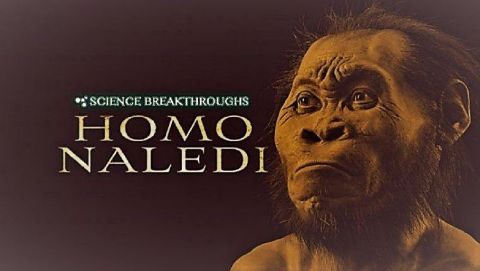Part 1: Origins: From experimentation to setting up the forced labour system (1917-1933) • 2019 • episode "S1E1" • Gulag: The Story
In 1918, only a few months after the October Revolution, the first concentration camps appeared. With the aim of getting rid of political adversaries and re-educating the so-called "asocial" elements through work, the new Bolshevik regime conducted its first large-scale experiment on the Solovki archipelago, very close to the Arctic Circle. Thousands of political and common law detainees, men and women, were deported there and subjected to forced labor. With the arrival of Stalin in power, slavery in these camps became a major economic resource. However, the death of thousands of zeks ("prisoners") will not worry the regime, which sees its population as an inexhaustible source of labor...
Make a donation
Buy a brother a hot coffee? Or a cold beer?
Hope you're finding these documentaries fascinating and eye-opening. It's just me, working hard behind the scenes to bring you this enriching content.
Running and maintaining a website like this takes time and resources. That's why I'm reaching out to you. If you appreciate what I do and would like to support my efforts, would you consider "buying me a coffee"?
Donation addresses
BTC: bc1q8ldskxh4x9qnddhcrgcun8rtvddeldm2a07r2v
ETH: 0x5CCAAA1afc5c5D814129d99277dDb5A979672116
With your donation through , you can show your appreciation and help me keep this project going. Every contribution, no matter how small, makes a significant impact. It goes directly towards covering server costs.








